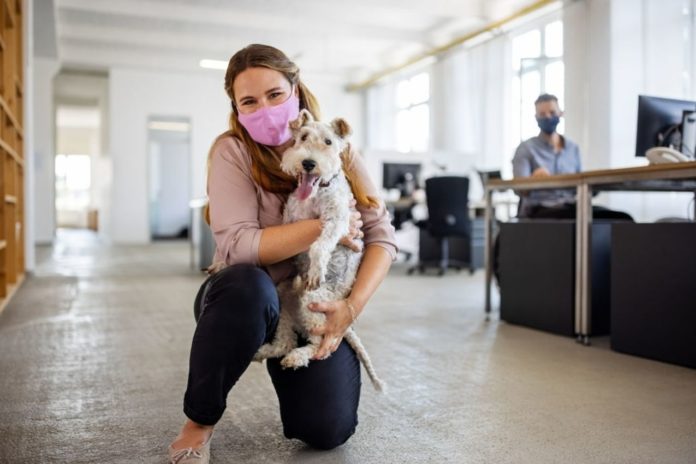SARS-CoV-2 has been found to infect a wide range of animals, although the danger, susceptibility, and symptoms in many species are unknown.
To find out more, Canadian researchers swabbed the noses, throats, and rectums of 17 cats, 18 dogs, and one ferret. To assess current infection, the animals were tested within two weeks of a proven coronavirus infection or COVID-19 symptoms in their owners.
Blood samples were also collected from eight cats and ten dogs whose owners were outside the two-week contagious window. This was done to assess whether the infection was recent or not.
All current infection tests were negative, however, coronavirus antibodies were discovered in the blood of all eight cats, indicating prior infection.
All eight cats had respiratory and/or other diseases, according to their owners, around the time of their infection.
The findings will be presented at the online European Society of Clinical Microbiology and Infectious Disease (ESCMID) Conference on Coronavirus Disease, which will take place from September 23 to September 25. Research presented at meetings should be regarded as preliminary until it has been peer-reviewed and published in a peer-reviewed journal.
Two of the dogs (20 percent) showed coronavirus antibodies in their blood, indicating previous infection. The researchers reported that one of the participants developed respiratory problems.
“These preliminary results suggest that a substantial proportion of pets in households of persons with COVID-19 become infected,” said study co-author Dr Dorothee Bienzle.
“Due to the narrow window of time available to detect a current infection in pets, especially if their owner is still sick and isolating, blood testing the animal at a later time to check for previous infection is preferable for assessment of human-to-animal transmission,” she said in a ESCMID news release.
Bienzle noted that animal-to-human transmission of the virus has been documented in mink farms, where a large proportion of sick animals are kept in close quarters and are cared for by humans.
“Transmission from pets to humans has not been reported, but since the virus changes minimally or not at all after transmission from humans to animals, such reverse transmission may occur,” she added.
The bottom line is that those infected with COVID-19 should avoid contact with their pets.
“There is sufficient evidence from multiple studies, including ours, to recommend that SARS-CoV-2 infected persons should isolate from people and animals,” Bienzle said.
Image Credit: Getty
